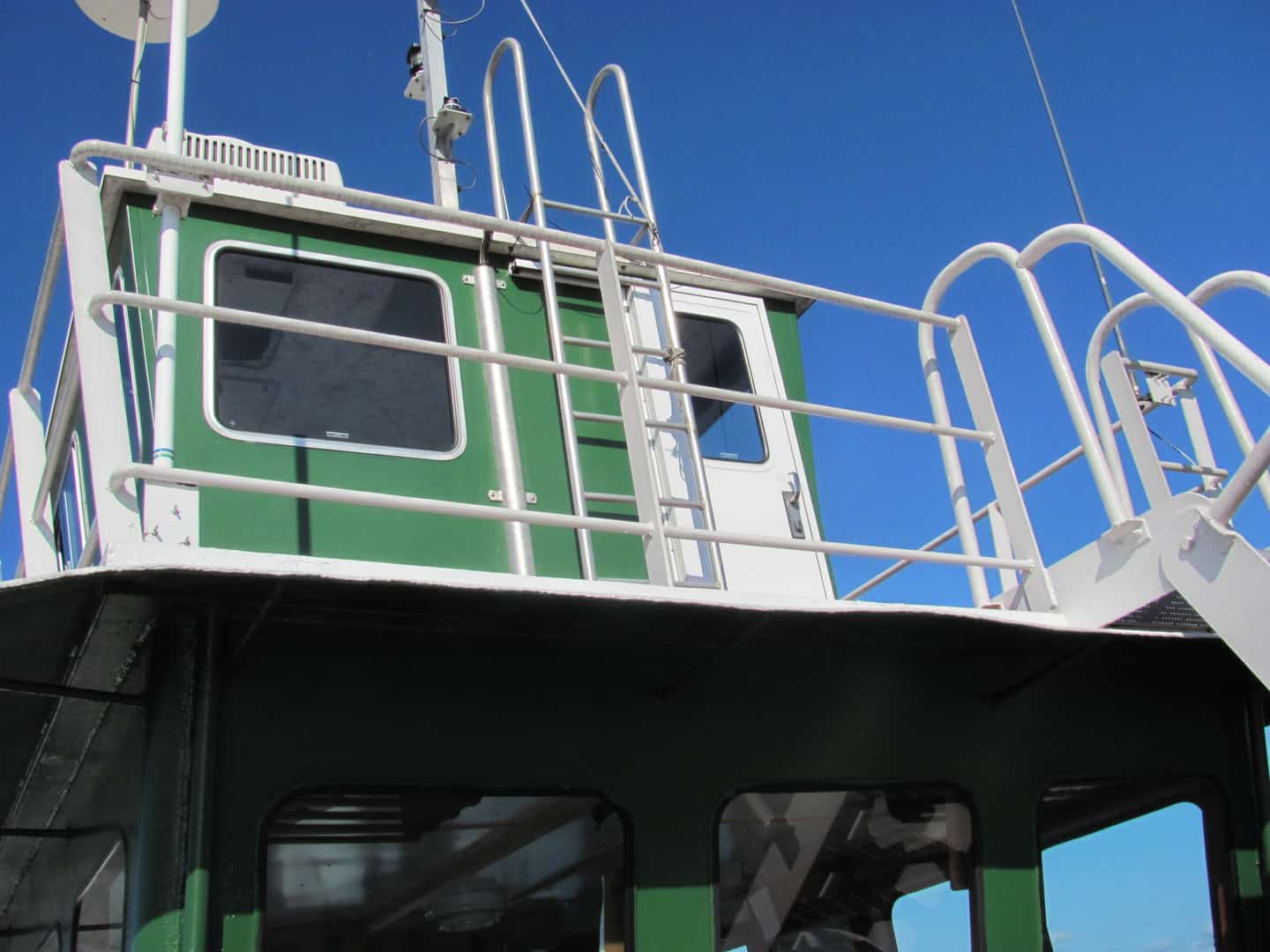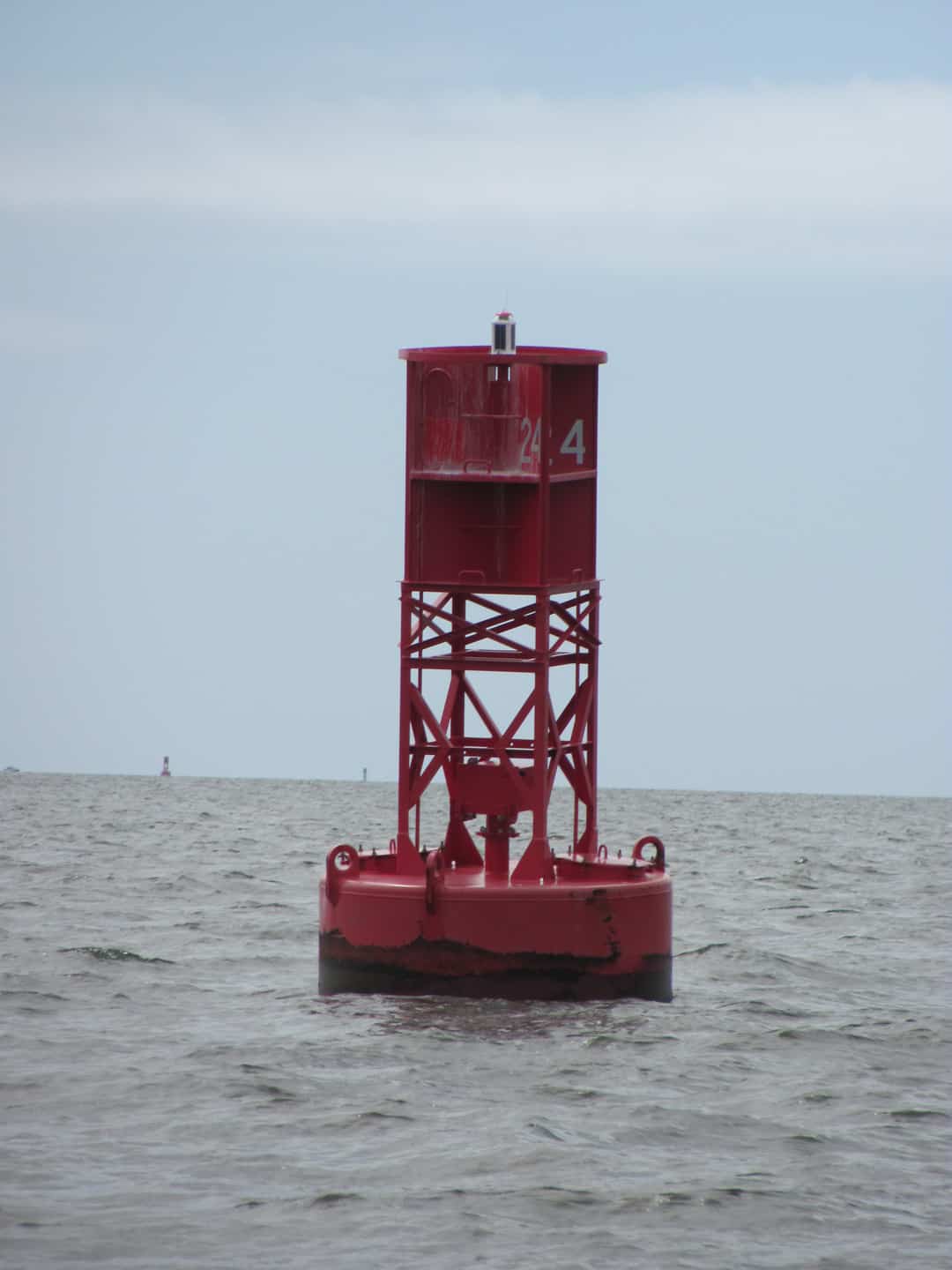Good morning to Captain and crew alike and welcome to the Admiralty Docket. Today, your Charleston Maritime Attorneys give a few pointers on navigating the complexities of statutory deadlines in admiralty claims against the United States and its owned and chartered vessels.
Maritime claims against the United States for torts, breaches of contract, or violations of statute are appropriate under a variety of circumstances. When considering legal claims against the government, avoid delay. A complex web of statutory and regulatory requirements govern the time within which claims must be asserted.
Rule #1: Avoid Delay!
Whether the Claimant is an injured seaman, the family of a deceased seaman, the owner or underwriter of a ship damaged by a public vessel, the provider of salvage services to a government vessel, or the owner a landside building damaged by operation of a government vessel in navigation, the advice is the same . . . “Avoid delay, actively pursue your rights.”
Which Statutes Apply? Do I Have to File an Administrative Claim?
By enactment of the Suits in Admiralty Act, 46 U.S.C. § 30901, et seq., the Public Vessels Act, 46 U.S.C. § 31101, et seq., and the Federal Tort Claims Act, 28 U.S.C. §§ 1346(b), 2671 – 2680 the United States waived sovereign immunity with regard to certain maritime and other claims. The Public Vessels Act (“PVA”) may provide a remedy against the government for damages or injuries arising out of the operation of its public vessels. In all other admiralty claims, the Suits in Admiralty Act (“SIAA”) imposes upon the United States the same liability as that imposed on a private shipowner under the admiralty law. No vessel arrest or jury trial is permitted under the PVA or the SIAA.
Filing of an administrative claim is mandatory if the Clarification Act, 50 U.S.C. Appx. § 1291, or the Extension of Admiralty Act of 1948, 46 U.S.C. § 30101, apply. The Clarification Act applies to officers and members of crews employed on United States or foreign flag vessels as employees of the United States through the U.S. Maritime Administration. See: Martin v. Miller, 65 F.3d 434, 1995 A.M.C. 2972 (5th Cir. 1995). Under the Clarification Act the government has 2 months to act upon the claim, after which the claim is presumed denied. The claims procedure is set forth in 46 C.F.R. § 327.1 – 327.8.
The Extension of Admiralty Act of 1948 provides that the admiralty jurisdiction includes cases of injury or damage, to person or property, caused by a vessel on navigable waters, even though the injury or damage is done or consummated on land. Under the Extension of Admiralty Act of 1948 the government has 6 months to act upon the claim, after which the claim is presumed denied and the PVA or SIAA, as appropriate, provides the exclusive remedy. The claims procedure is set forth in 46 C.F.R. § 327.20 – 327.34. Each statute provides for a 2 year limitation period, suit cannot be filed until any required administrative remedy has been exhausted, and filing of an administrative claim does not toll running of any statute of limitation. Be very, very careful.
What If I Don’t Fall Into Those Categories?
If the PVA and SIAA do not apply, the Federal Tort Claims Act (“FTCA”) may provide a remedy to a Claimant outside admiralty jurisdiction. However, an action improperly filed under the FTCA is subject to dismissal if the action should have been filed under the PVA or SIAA. McCormick v. United States, 680 F.2d 345 (5th Cir. 1982). 28 U.S.C. § 2401 requires the filing of an administrative claim within 2 years of the accrual of the claim. The government has 6 months to act upon the claim before it is presumed denied. The actual or presumed denial of such a claim is a prerequisite to maintenance of a suit under the FTCA. Suit must be filed within 6 months of the date of mailing of a final written denial of the claim, and must be filed within 6 years of the accrual of the right of action, unless the Claimant is, at the time of accrual of the claim, subject to a disability or is beyond the seas, in which case suit must be commenced within 3 years after the disability ceases. Again, avoid delay, actively pursue your rights, and be very careful.
More next time on the Admiralty Docket. Until then, remember that your rights and responsibilities may change as you approach the shore, and may God Almighty grant you pleasant sailing.
The Admiralty Docket is a blog written by Charleston, SC Maritime Attorneys John Hughes Cooper and John Townsend Cooper which focuses on maritime legal issues and current events in South Carolina and the Southeastern United States.
If you have questions or comments, or would like to arrange a free, confidential consultation regarding your legal issue, please feel free to contact us.
Important Notice: The information in this article is not, nor is it intended to be, legal advice, which requires an in-depth knowledge of the facts of your particular circumstances. The law is ever-changing, and this article is not often updated and may be out-of-date or incorrect when applied to the circumstances of your issue. You should consult an attorney for advice regarding your individual situation. We invite you to contact us and welcome your calls and emails if you would like to discuss your matter with us.












